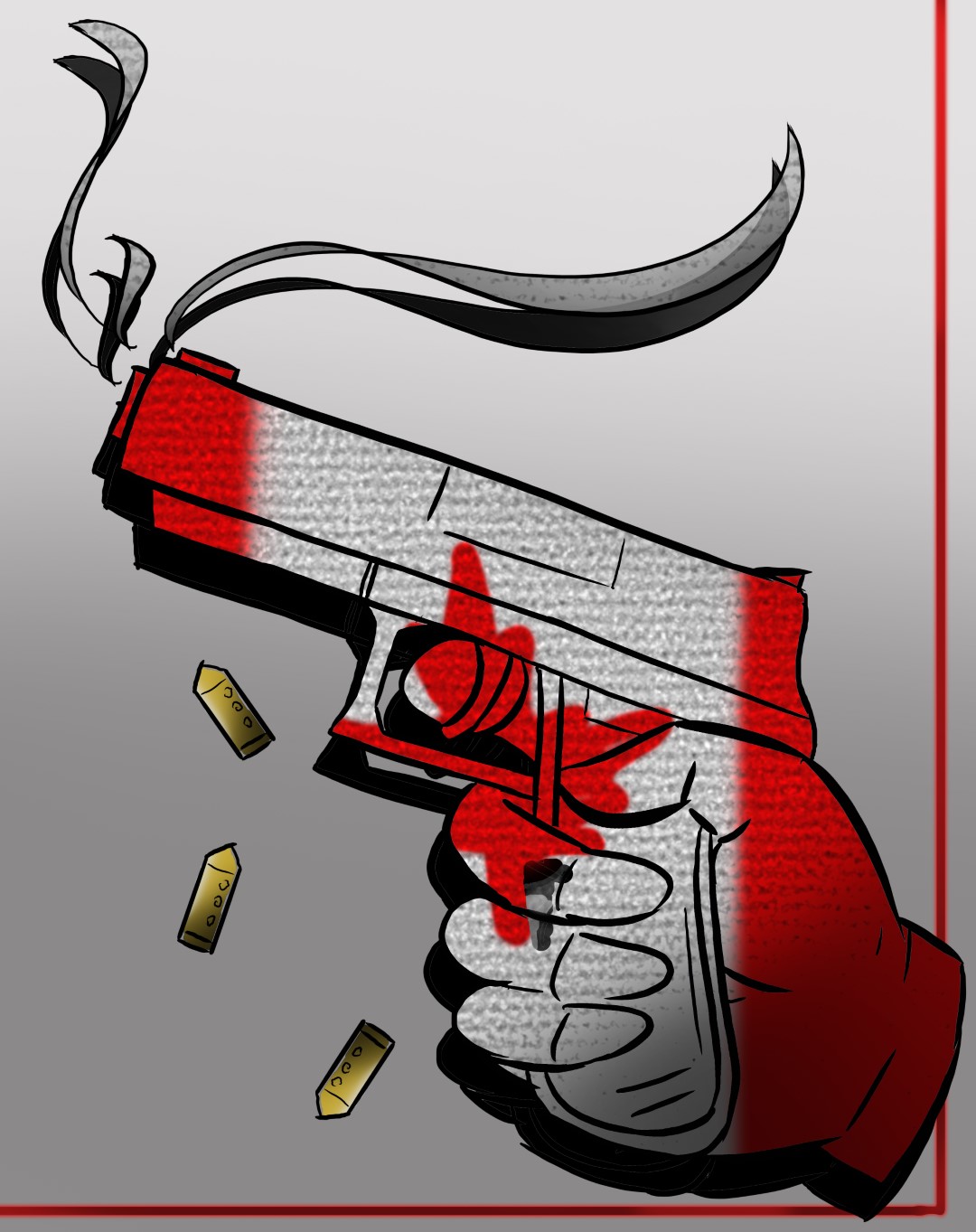
Gunned down
By Matthew Fraser, Opinions Editor
One provision in the bill allows firearms to be seized—without warrant or prior notice to the defendants—based off testimonies given by any person who wishes to have guns removed from another individual for any reason.
It may come as a surprise to some to find out that Canada has had and maintained extensive and strict gun laws for nearly a century. It may be even more surprising to hear that assault rifles have been illegal in Canada since 1976 (assault rifles must have fully automatic capabilities by definition). Then why did PM Trudeau ban them last year? Well, he did not; using a clever twist of words he banned “assault style weapons,” a term which has no legal definition in Canada. But, in addition to his ban on those firearms, PM Trudeau has recently revealed that through Bill C-21 he will be working to allow municipalities to ban handguns.
A GUN’S HISTORY
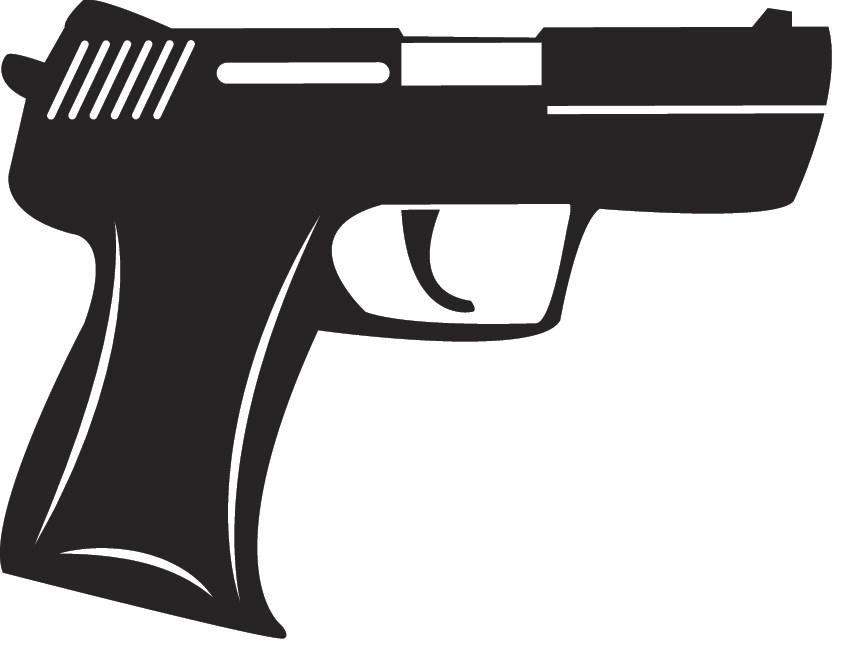
For many firearms owners this is a worst-case scenario as they suddenly may be made into criminals in the very city they live in simply for going through the legal process to purchase a handgun. One provision in the bill allows firearms to be seized—without warrant or prior notice to the defendants—based off testimonies given by any person who wishes to have guns removed from another individual for any reason. As Ian Runkle, an Alberta-based firearms lawyer explains, this effectively permits swatting. Yet Trudeau has stated that he does not want to punish law-abiding citizens and instead wants to target illegal guns and gang violence. But is this method going to achieve that?
The first thing to understand when considering the efficacy of this bill is how handguns are regulated in this country. Since 1934, all handguns in Canada have been subject to a mandatory registry, and because of this a gun can have its complete history traced. From where it was imported, manufactured, first legally sold, resold, all the way to the current owner—this is all tracked. In our modern system, all handguns are registered through its owners restricted firearms license (RPAL) and monitored by the RCMP. By default, the RCMP knows exactly who owns which handguns, how many of them they own, and where they reside. In turn, this means that when the municipal handgun bans are handed out, the RCMP will be able to hand local police an exact list of which licensees have pistols and where they live.
DOES THE BILL SOLVE THE PROBLEM?
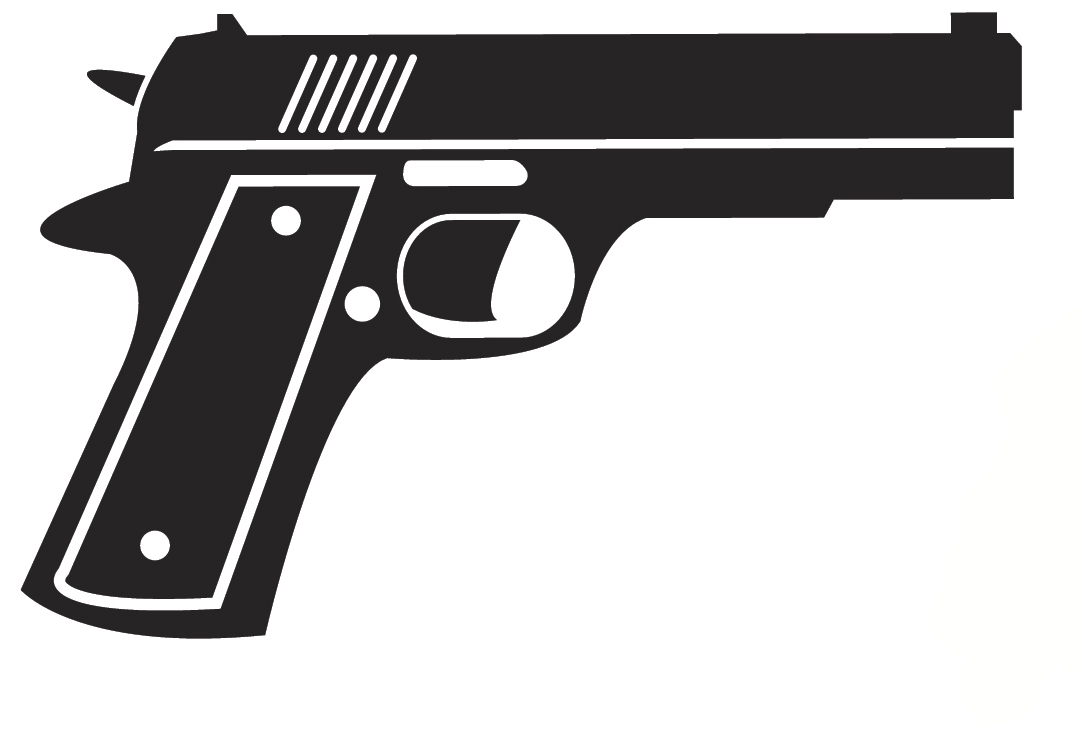
So how will this help us address illegal gun ownership? The answer: it won’t.
The RCMP is unable to track illegal guns simply because they are all unregistered. So, they can’t (as much as we wish they could) force illegal gun owners to give up their guns. However, they can certainly come knocking on the doors of law-abiding citizens while demanding they leave the area or relinquish their property.
Why can’t they simply sell their guns? Simply put, the only people gun owners could sell their firearms to are other restricted firearms licensees. If you currently have an RPAL you likely already own a handgun, therefore, are likely worried that you will have to sell your handguns as well. If you have an RPAL and no guns, you won’t be buying any now either. Because any municipality can choose to ban handguns, it effectively makes it impractical to buy the firearms that will soon be offered. Add the fact that everyone will soon be flooding the market with these firearms; it will be nearly impossible for all the guns to be purchased by the few people in places without bans.
What about that gun buyback program, can’t they turn them in? Unfortunately, that program only covers prohibited firearms. Since a municipal ban does not change the status of a firearm, even if the police were to take it, the original owner would go uncompensated as the gun is not technically prohibited. If the federal government were to include a buy back program for these firearms, the cost of the current buyback program (likely underestimated already) would double.
Despite the federal government and its representatives claiming for years that the amount of guns being recovered with Canadian origins have increased, they have failed to provide the facts and information that they base this assumption on. In fact, a Globe and Mail article from 2019 details the run around, obfuscations, demands for money, and other hurdles they faced when they asked all levels and multiple police departments for this information. It just so happens to be that the federal government does not require police to ascertain the origins of crime firearms, and since lab technicians are quite expensive, they just don’t do it. Even when they have information about the origins of a firearm, the information is not aggregated into a database and instead exists with the firearm in connection to its original case. So, even if half the guns obtained by a department were originally from Canada, they would have to manually dig up each case to find out.
IS IT EASY TO STEAL A GUN?
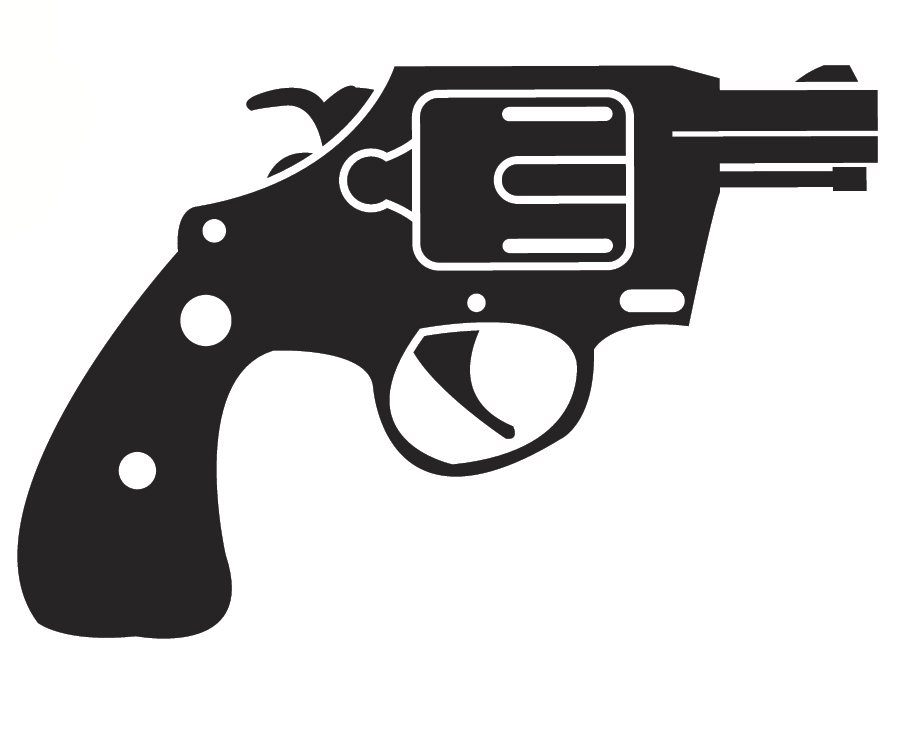
The failures of the government to ascertain weapons does not stop there; according to research by Dennis Young, Canadian police and public agencies has had nearly a thousand firearms “lost or stolen” from them since 2005 to 2019. Given that the goal of these bans is to prevent legal guns from being stolen and used illegally, it seems contradictory that there is no push for laws to limit these specific cases as well.
Granted, guns being stolen is always a crime; firearms being stolen from law abiding citizens means that the gun owner was the victim of a crime and was not the criminal themselves. However, the way Canadian gun laws are written makes it quite difficult to steal firearms from citizens. The firearms act decrees that all restricted firearms (ergo all handguns) must be stored unloaded, disabled via cable or trigger lock, and locked inside of a durable case, safe, or vault. Add to that that there are few restricted firearms licensees (compared to non-restricted) in all of Canada means that the chances of breaking into a house and stealing a gun were exceptionally low to begin with.
WILL ILLEGAL GUN OWNERS STOP? IS THE ANTI-GUN LOBBY HAPPY?
An elderly Quebec couple dug a secret chamber behind their basement library where they hid more than 80 illegal guns destined for the black market.
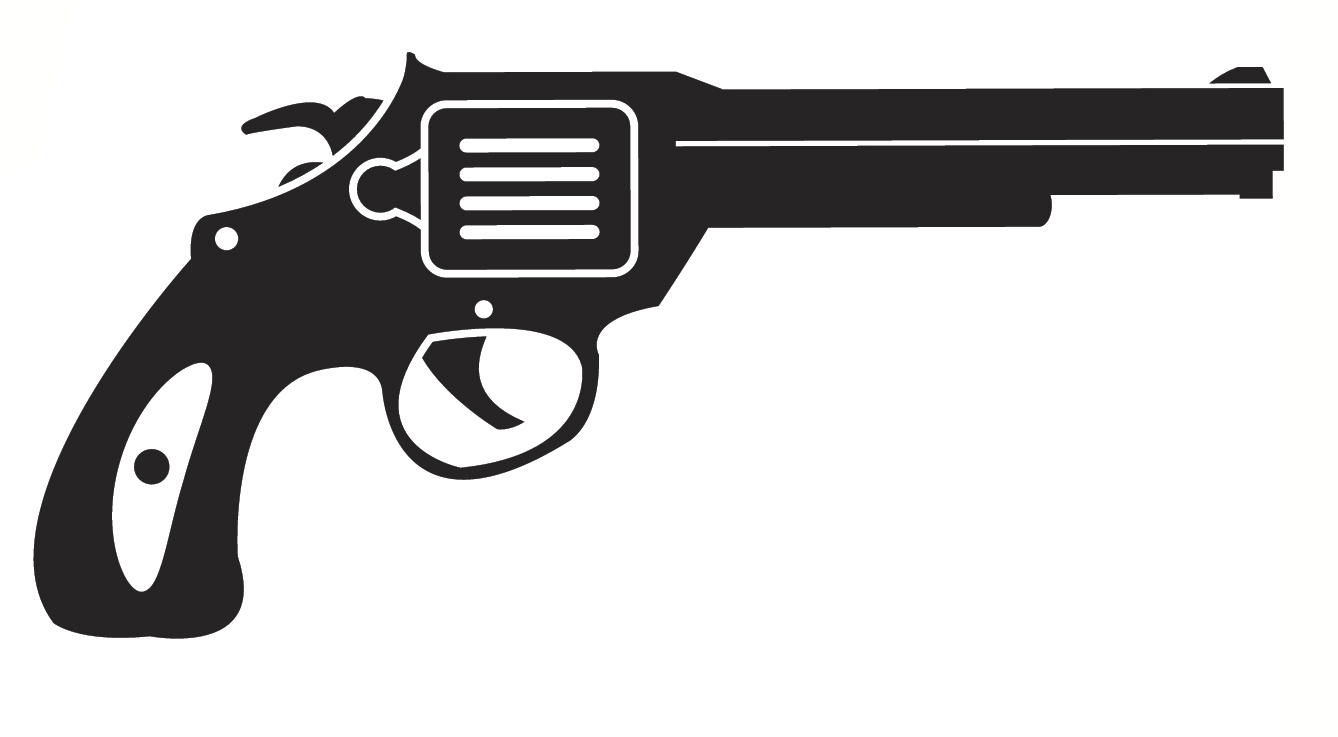
“Well, it must at least deter criminals, right?” Take this shortlist of illegal gun busts and apply that same question:
Five are arrested in a northwest Edmonton house with three guns, body armor, 26 grams of methamphetamine, 34 outstanding warrants, and multiple theft-related offenses under $5,000. VPD recover $1.6 million in fentanyl, a kilo of cocaine, eight handguns, and several other drugs in a single bust. An elderly Quebec couple dug a secret chamber behind their basement library where they hid more than 80 guns destined for the black market. Police in Windsor, Ontario complete a “high-level drug trafficking” bust through a simultaneous three location raid, arresting seven people and recovering more than $1 million in “illicit materials,” plus multiple firearms. Finally, a single Toronto raid netted $18 million in drugs plus 65 guns.
It bears mentioning that all of these occurred in the last year and most in the past three months. I suspect none of them would have been deterred by, nay, considerate of a municipal handgun ban.
Still, this wreckage of a bill should at least please the anti-gun lobby, right? Wrong. One prominent gun control activist called it a “huge win for the gun lobby,” while the editorial board of The Star wasted not a second to say that this bill does not go nearly far enough. How is it that a bill that absolutely decimates legal gun ownership still does not please the anti-gun movement? This bill is so lackluster that it fails to address the previous criticisms leveled by the RCMP union at the preceding gun ban.
An opinion that has been kicked around is that PM Trudeau is paving the way for a spring election and greasing the wheels with a politically popular move; seeing as most Canadians have little to no knowledge of firearms or laws, this approach may well work. Plus, as Trudeau’s approval rating on the most salient issue of the day (coronavirus vaccines) is dropping, a popular distraction may help people forget about his previous misdeeds.
